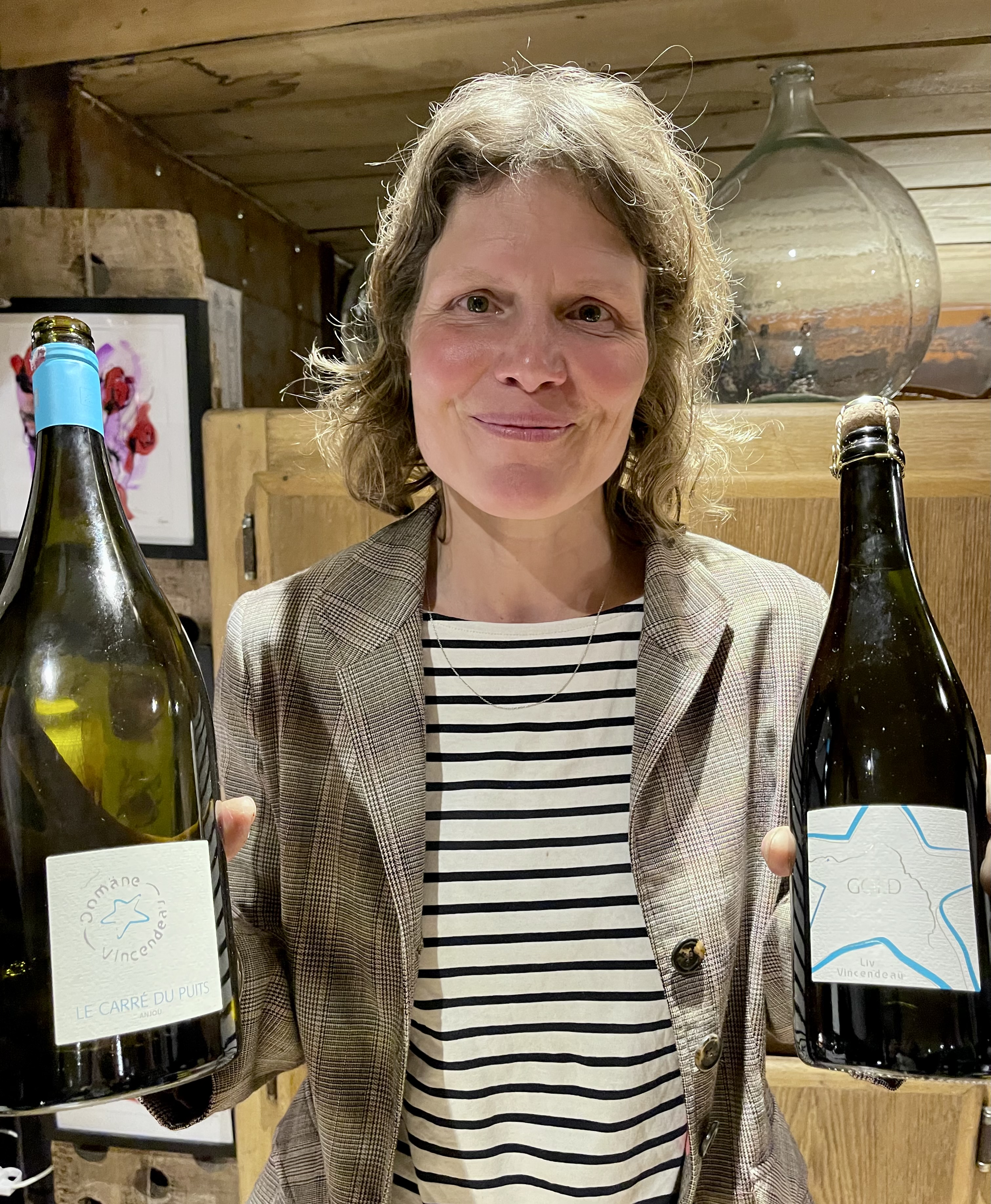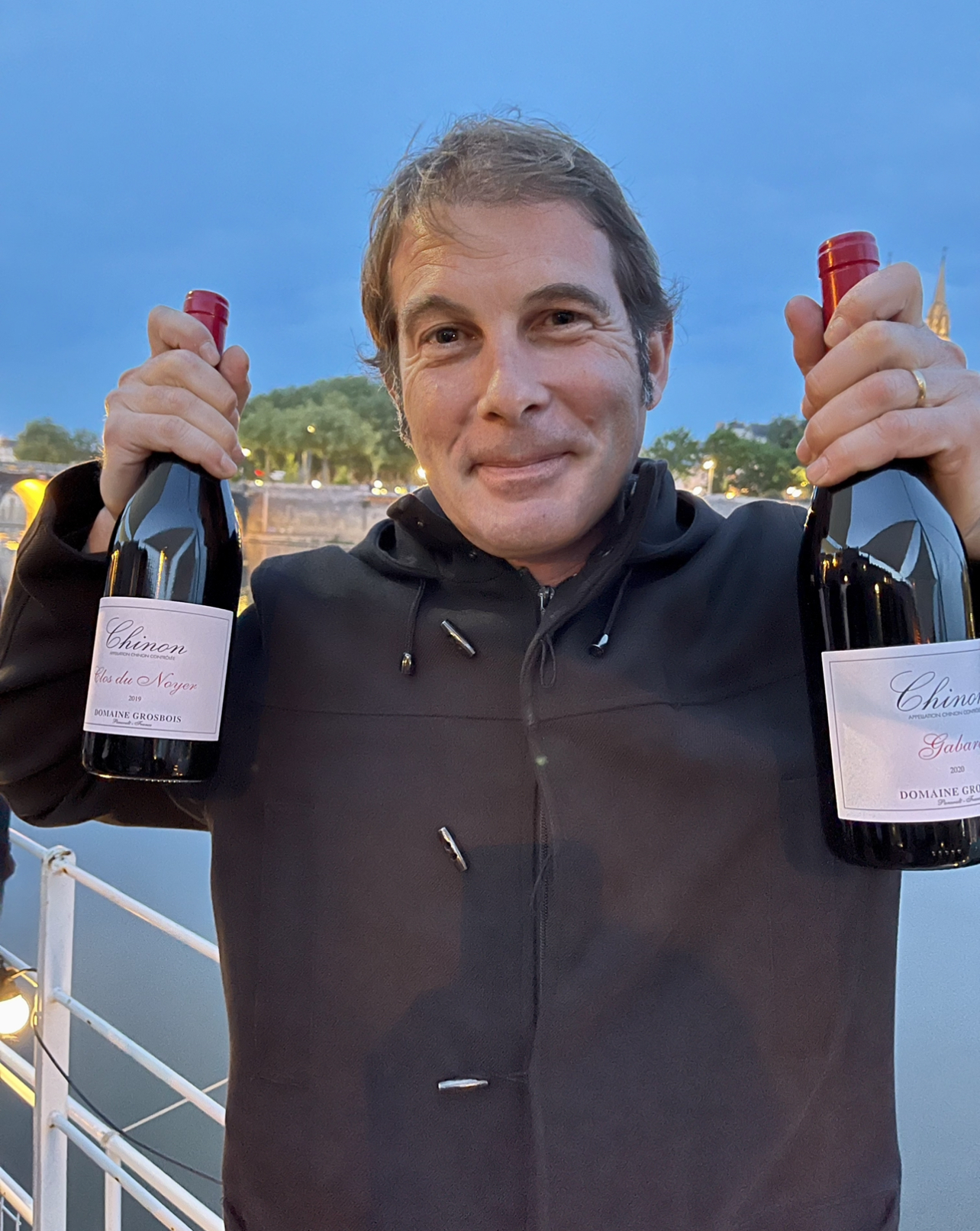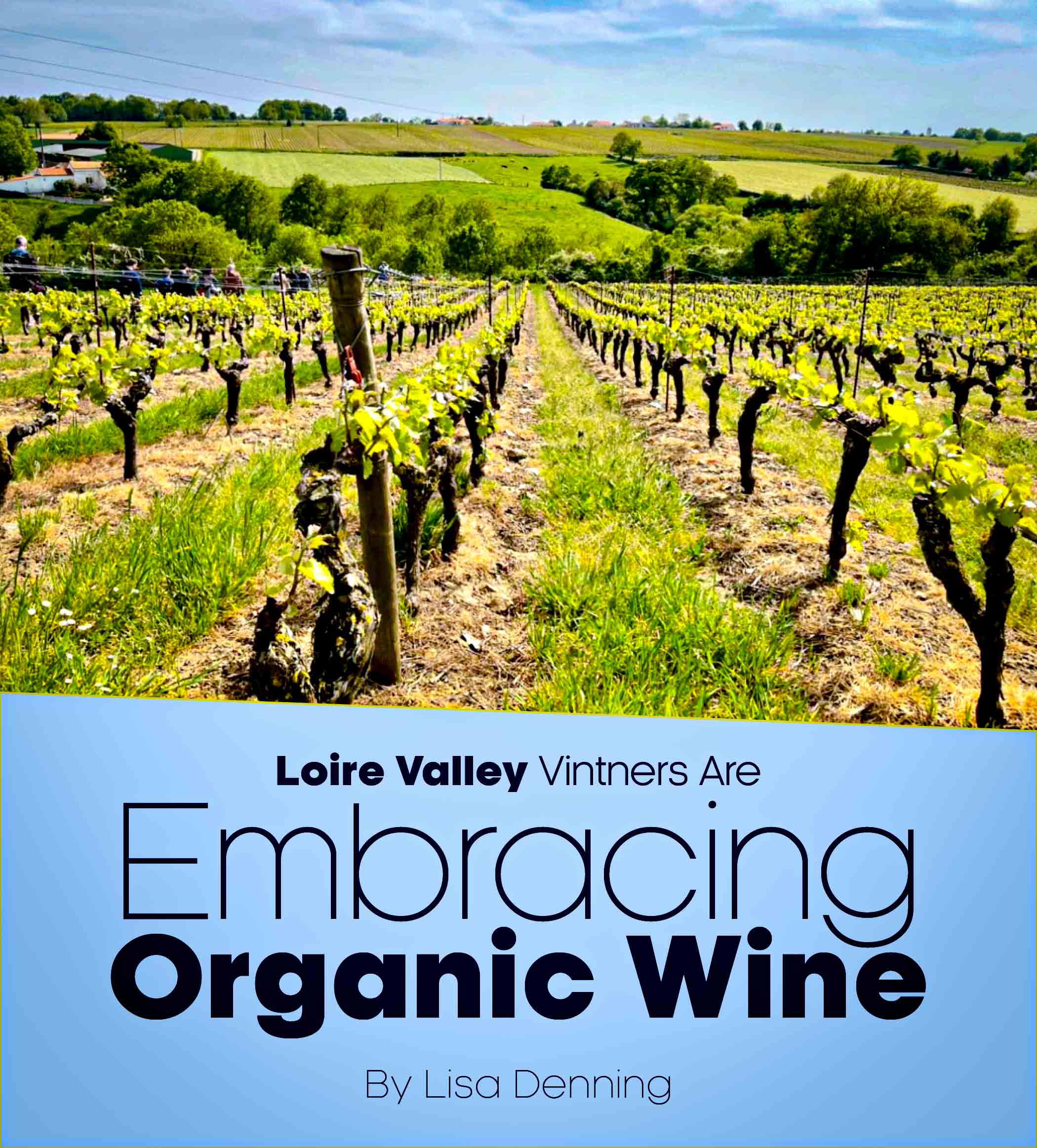
“I always wanted to build something beautiful and nice to live and work in,” says Vincendeau. “There’s no way I would use chemical products that could hurt me or anyone else working in the vineyards. People in the office at conventional wineries often don’t consider the vineyard workers who are the ones exposed to dangerous products. When it’s yourself out there you think about it differently.”
The desire to avoid chemical exposure is not only affecting wine growers. Consumers, concerned with food and beverage safety, are demanding organic products, those made without the use of synthetic chemicals or genetically-modified components. The organic wine market, while still relatively small, is rapidly growing and according to Grand View Research, is expected to increase 10.2% by 2030.
France is one of the leading countries of organic viticulture, with 17% of its vineyards farmed organically as of 2020 (Beverage Daily), and that number is rising. French wine growers are reacting not only to market demand, but to what they are seeing in conventional vineyards where chemically-treated soils lack a rich diversity of living creatures and vegetation. To the contrary, organic soils are teeming with microbiomes that are vital in maintaining a healthy ecosytem for grapevines to produce high quality grapes.
 Sylvain Grosbois, owner of Loire Valley winery Domaine Grosbois in Chinon, began to farm organically in 2007. “As we started to listen to what our vines were telling us and to respect the soil and the life around them,” says Grosbois, “we noticed a huge difference in regards to the insect life and number and activity of birds. The soil is much more aerated and smells better, and the vine is more...
Sylvain Grosbois, owner of Loire Valley winery Domaine Grosbois in Chinon, began to farm organically in 2007. “As we started to listen to what our vines were telling us and to respect the soil and the life around them,” says Grosbois, “we noticed a huge difference in regards to the insect life and number and activity of birds. The soil is much more aerated and smells better, and the vine is more...










